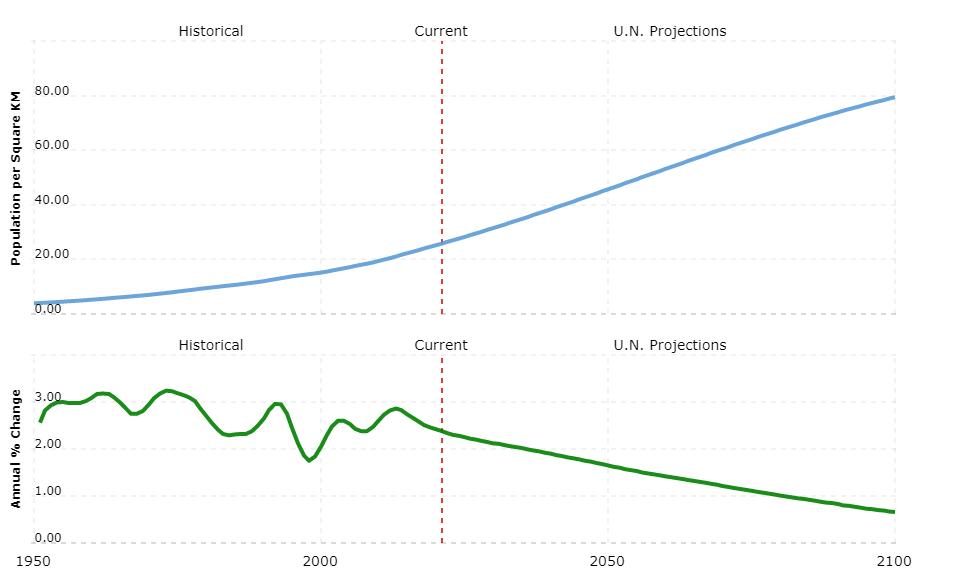Vanuatu Overview
Republic of Vanuatu Official language English, French and Bislama Capital Port vila Form of government Parliamentary republic Area 12,190 km² Residents 211,000 Currency Vatu Time zone UTC +11 License Plate VU Internet TLD .vu Telephone area code 00678 Geography The Republic of Vanuatu (formerly: New Hebrides) is located in the South Pacific. The island state… Read More »
